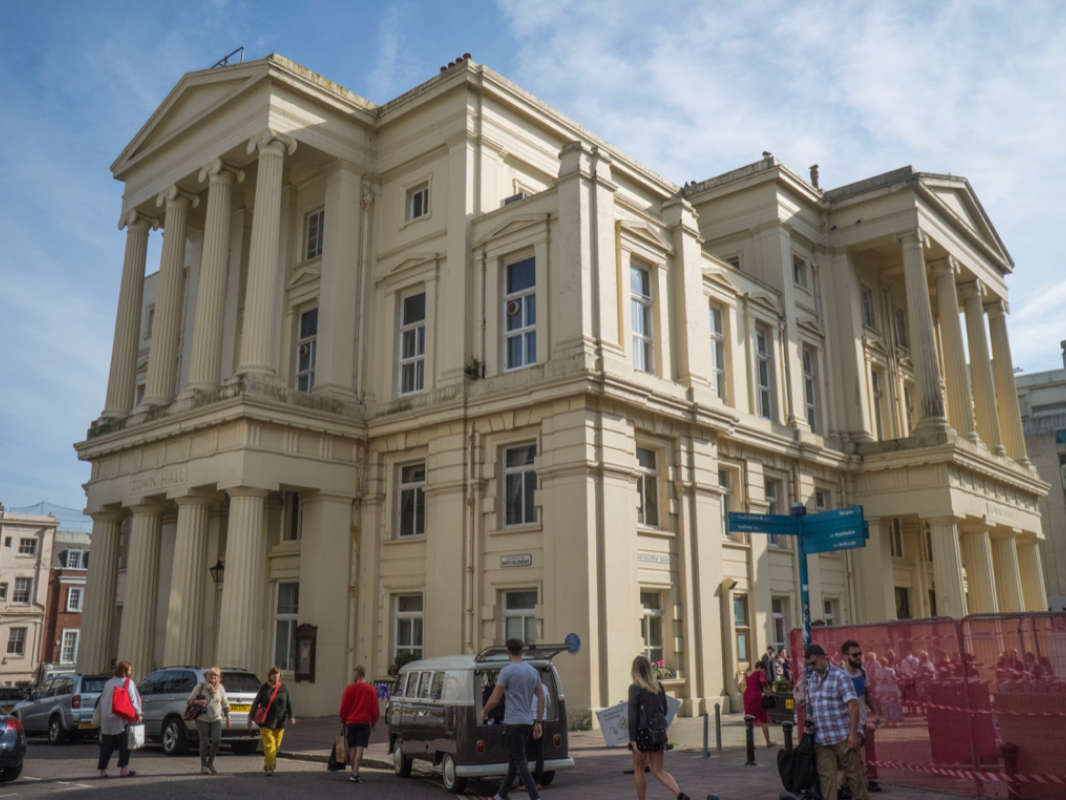
Fuel price rises, staff shortages and growing demand for home to school transport have sent spending on the service £411,000 over budget, according to a new report.
From September last year to April this year fuel pump prices have risen 20 per cent, according to the report, and routes are 46 per cent more expensive to operate.
The council made a one-off fuel payment of £26,194 in May, shared between the nine operators, because of unstable and rising fuel prices.
But providers have also found it hard to recruit drivers and pupil escorts, known as vehicle passenger assistants (VPAs). And some have reported a shortage of vehicles.
Three operators have pulled out of the service, having asked for extra cash and been turned down by Brighton and Hove City Council. The operators stopped providing 15 routes for 54 children but these routes were re-tendered in time for the start of the autumn term so children were unaffected.
Fewer operators are bidding for the routes that do come up for tender – and their bids are more expensive.
The report to councillors said:
“Operators requested financial uplifts where there were no material changes to the routes, eg, change in mileage or passenger numbers.
“The service had to re-tender these routes at short notice to ensure the impacted children had travel to school for the start of term. This cost an unbudgeted strain of £123,776 to the service budget.
“At the time of writing, there has been an 8.5 per cent increase (47 pupils) in demand for hired transport since this time last year.
“There are currently 120 children traveling outside of Brighton and Hove to their education setting, a 13 per cent increase on this time last year.”
The report, to the council’s Children, Young People and Skills Committee, also said:
“The service is currently supporting 560 children with special educational needs and disabilities (SEND) to travel to and from their educational setting on 207 journeys.
“We also support an additional 600 pupils by providing a free bus pass and 48 families by providing a mileage allowance.”
The report added:
“Budget pressures rise each year with increases in the number of children and young people on ‘education and health care plans’ (EHCPs) and becoming eligible for transport. This is the case nationally as well as in the city.
“The number of EHCPs in Brighton and Hove is currently at 2,146. This is an increase of 293 in the past two years and double the amount since 2016.”
The council is required by law to provide home to school transport for children with special educational needs and disabilities and set a budget of £3.9 million for the 2022-23 financial year.
The service has been in the spotlight since 2019 when the council worked with consultants to try to cut the cost of the service, which was then £2.4 million a year.
The council agreed a contract worth £500,000 with a consultancy called Edge Public Solutions aimed at saving a six-figure sum each year.
Instead, the council overspent by £1 million as the service collapsed and Edge walked away from the subsequent debacle with £180,000.
The council has since agreed to spend more on taking vulnerable children to and from school although it is still understood to spend less money on the service than many comparable councils.
The report to councillors said:
“Driver/VPA, vehicle shortages and increased fuel prices are not unique to Brighton and Hove. They are being seen across the country.
“A DfE-led (Department for Education) country-wide benchmarking exercise is under way to ascertain the scale of the situation.
“As per the home to school transport contract, annually, by October of each year, operators are entitled to put in a request for an annual price increase.
“The timeframe was extended this year as a goodwill gesture. Three of the nine operators requested price uplifts.
“This year a 3 per cent uplift was approved on 25 routes, costing an additional £18,000 budget pressure on the service.”
The council is drawing up a “recovery plan” to try to tackle the overspend. It aims to save £99,000 by encouraging parents to step in when possible as well as reviewing whether so many children need to travel without any other children in the car.
The Parent Carers’ Council (PaCC) has emphasised the council’s legal duty in its own report which also included positive feedback about the best drivers and escorts.
PaCC said that it was monitoring the national picture and that the home to school transport services provided by several other councils had failed.
PaCC added:
“This is typically due to cost-cutting initiatives drowning out the recognition of the very bespoke needs of the children and young people cared for by the home to school transport service.”
The group called for a realistic budget and said:
“It is imperative that the financial directorate in Brighton and Hove understand the vulnerabilities and the rights of the children and young people that this service transports and recognises that their entitlement to education (and arriving stress-free) is protected by law.
“The forecasts for 2023 and beyond must recognise the triad of pressures arising from the increase in passenger numbers (related to an increase in the number of education, health and care plans in the city), the cost-of-living pressures facing our service delivery partners (the operators and their drivers and VPA crews) and, in particular, the cohort of passengers with very bespoke needs who need ‘travel alone’ status and/or who go to educational settings outside of Brighton and Hove which necessitates more expensive/solo runs.
“The budget must be able to embrace the diversity of requirements of this statutory service.”
But early estimates suggest that the budget for the service could have to go up by £1 million next year, taking it to £4.8 million.
This would be twice the annual budget when the council called in consultants because the service was considered to cost too much.
The council’s Children, Young People and Skills Committee is due to meet at Brighton Town Hall at 4pm next Monday (12 September). The meeting is scheduled to be webcast on the council’s website.


 Free Open-Air Painting Exhibition Coming To Chichester
Free Open-Air Painting Exhibition Coming To Chichester
 Man Jailed For Rape And Sexual Abuse Of Young Girl In Crowborough
Man Jailed For Rape And Sexual Abuse Of Young Girl In Crowborough
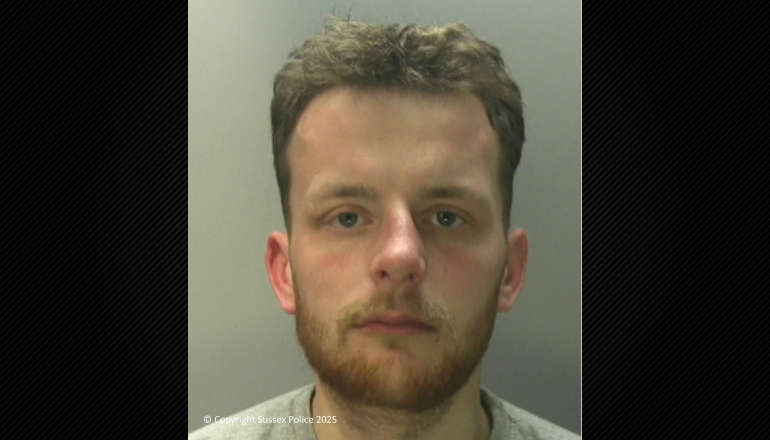 Man Sentenced For Assault Of Ambulance Worker
Man Sentenced For Assault Of Ambulance Worker
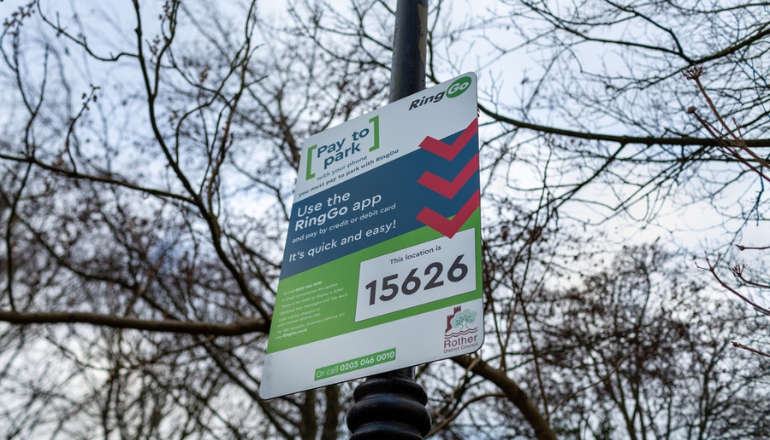 Council Leaders Drop New Car Park Fee Plans
Council Leaders Drop New Car Park Fee Plans
 More West Sussex Schools And Other Buildings To Benefit From Solar Power
More West Sussex Schools And Other Buildings To Benefit From Solar Power
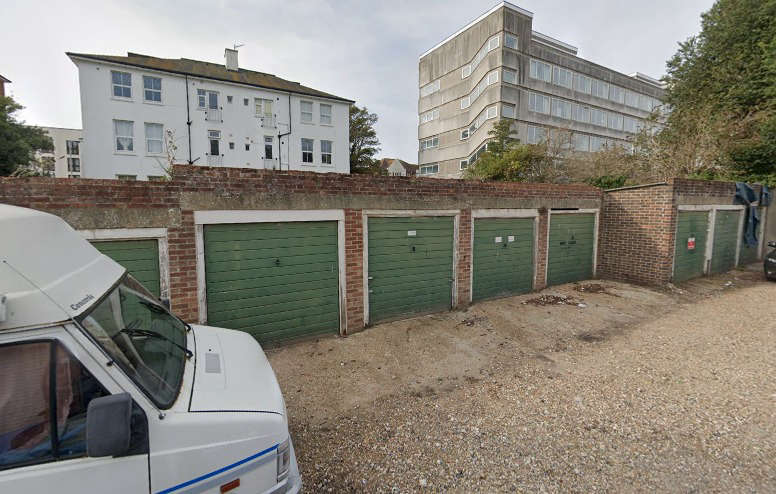 Alternative Proposals Put Forward For Eastbourne Homes
Alternative Proposals Put Forward For Eastbourne Homes
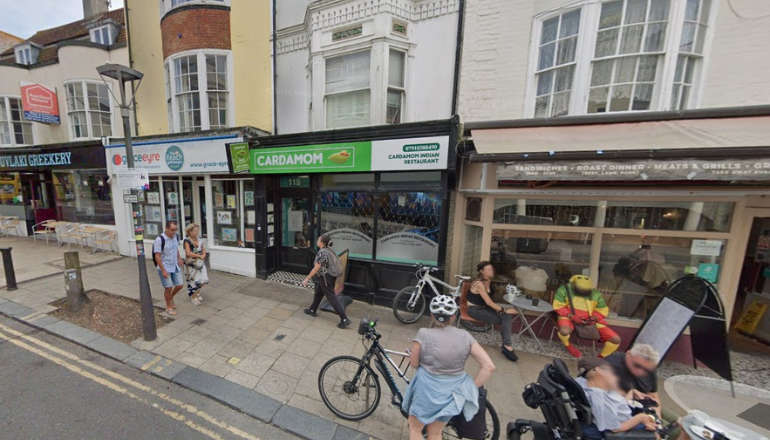 Licensing Chiefs Lose Confidence In Restaurant Owner
Licensing Chiefs Lose Confidence In Restaurant Owner
 Man Pleads Guilty To Kidnapping Woman In Hove
Man Pleads Guilty To Kidnapping Woman In Hove
 Appeal After Man Robbed At Park In Newick
Appeal After Man Robbed At Park In Newick
 Man Pleads Guilty To Eastbourne Theatre Burglary
Man Pleads Guilty To Eastbourne Theatre Burglary